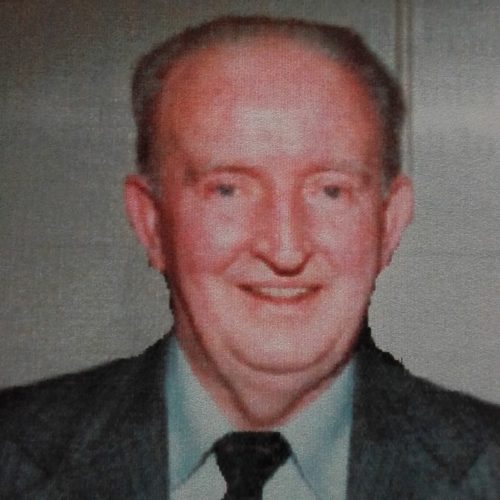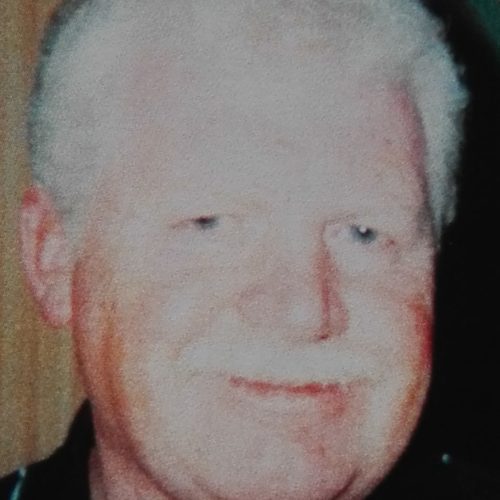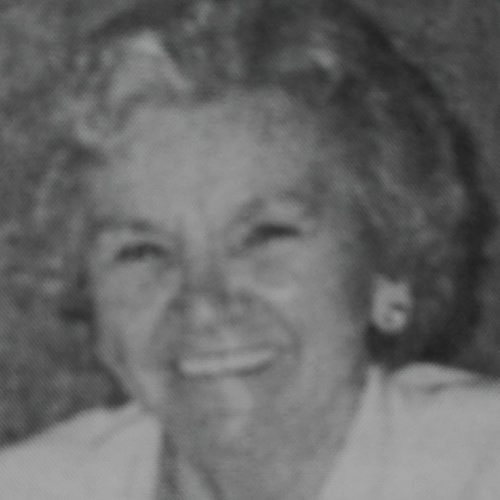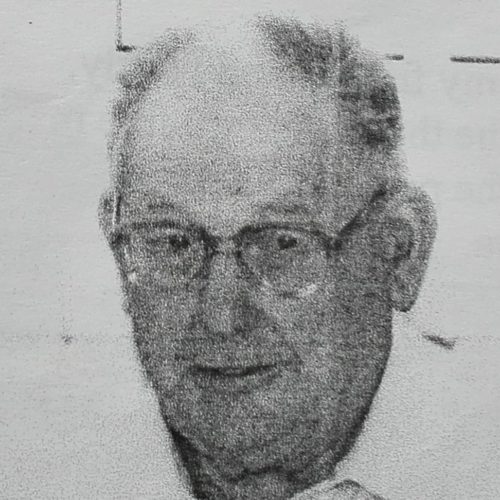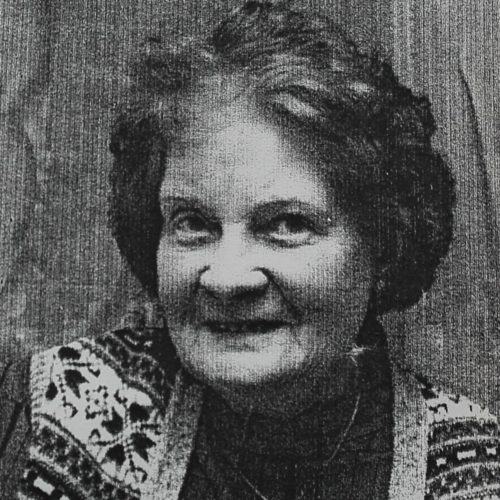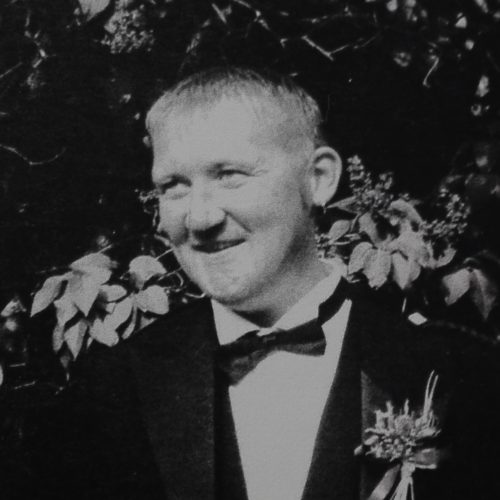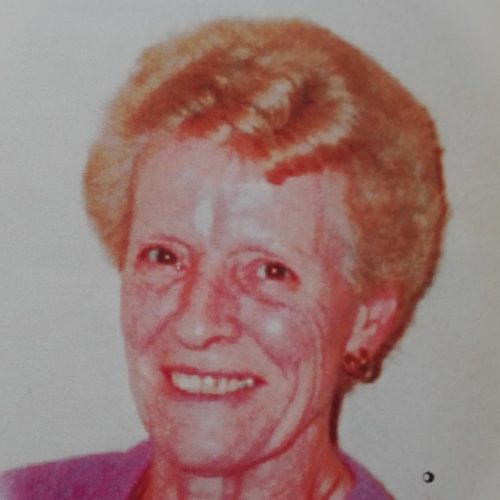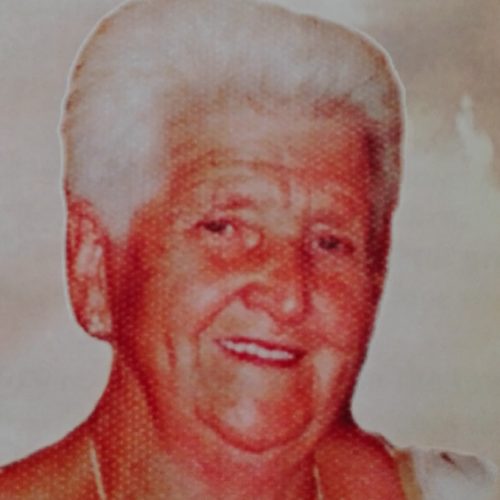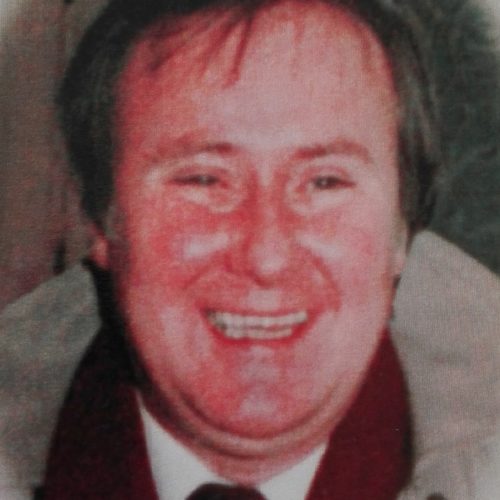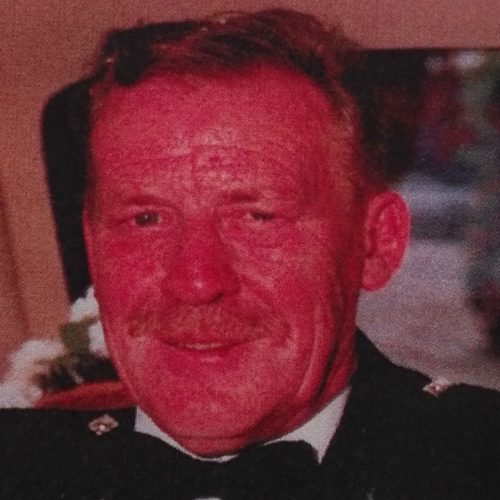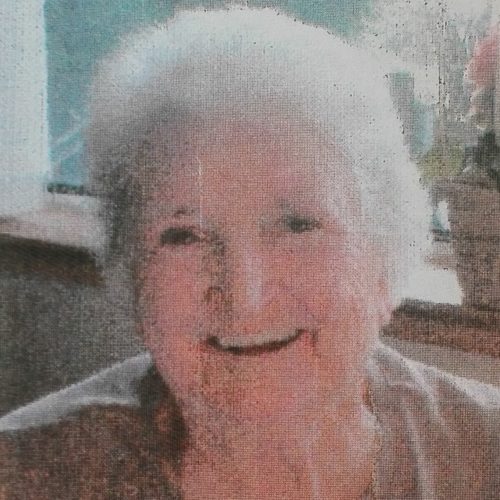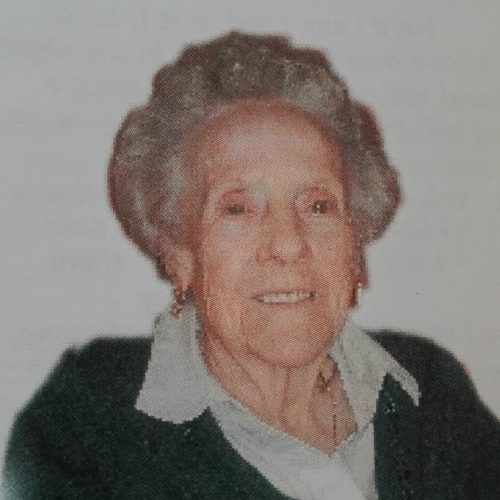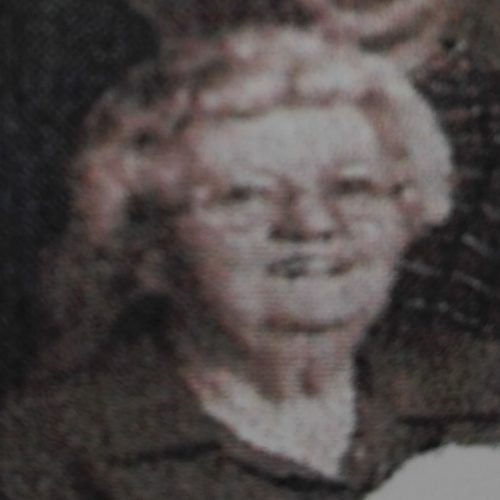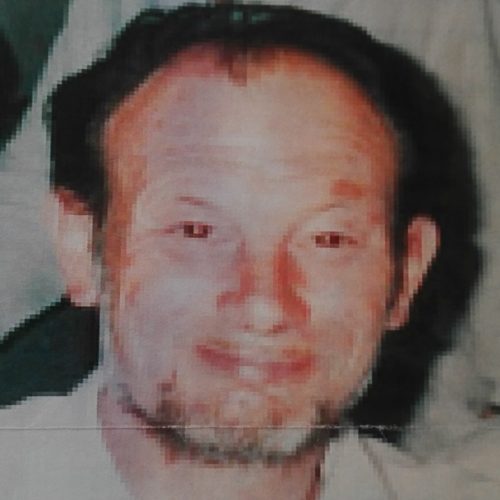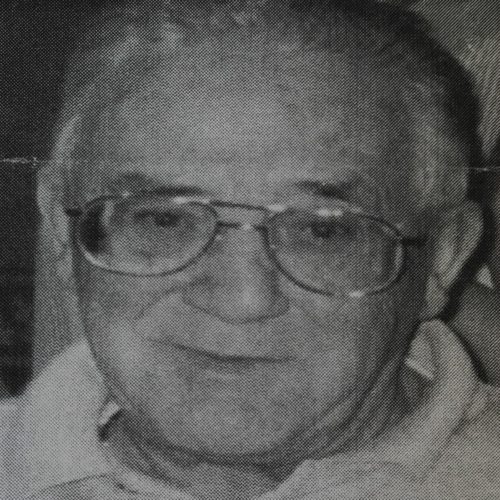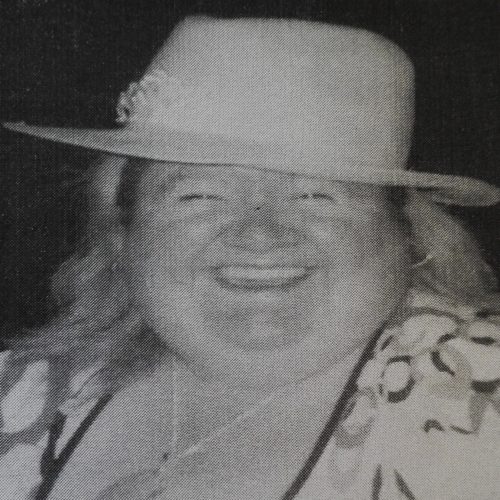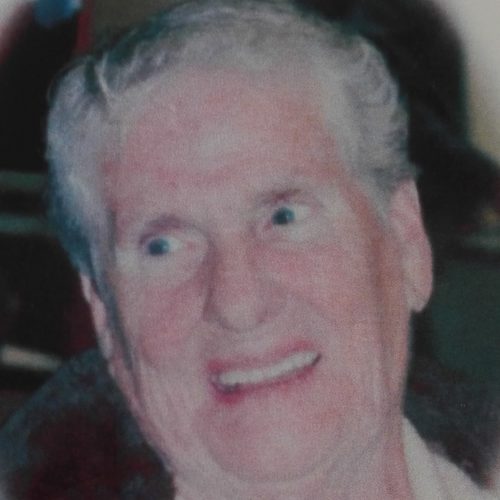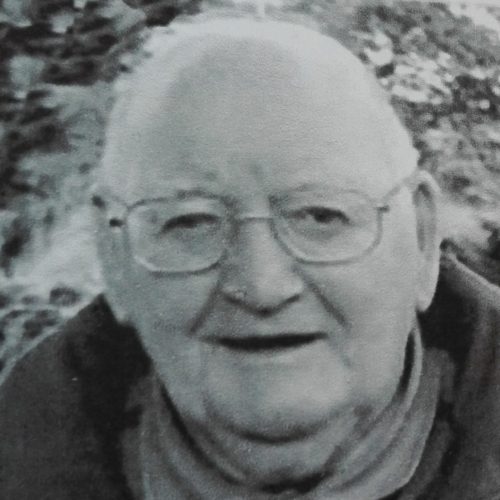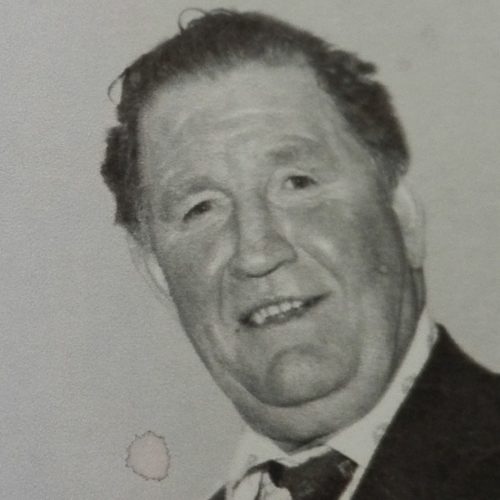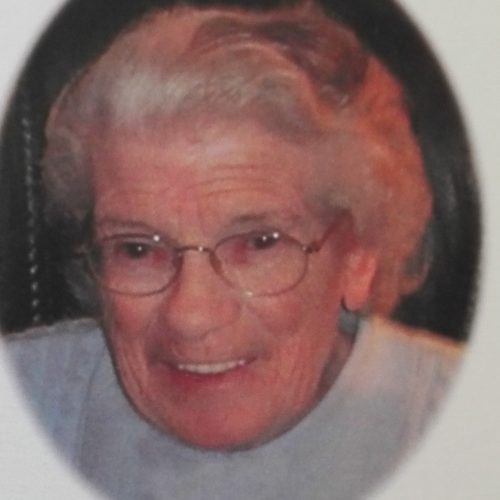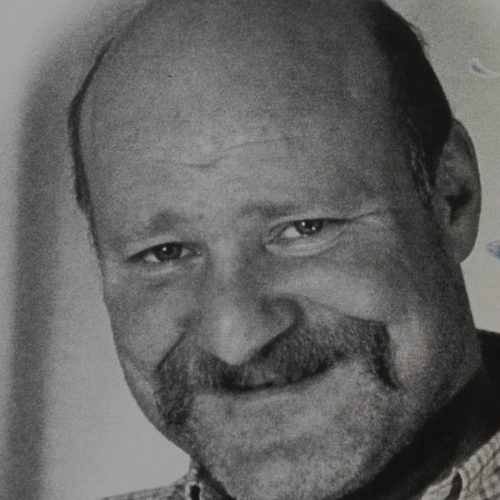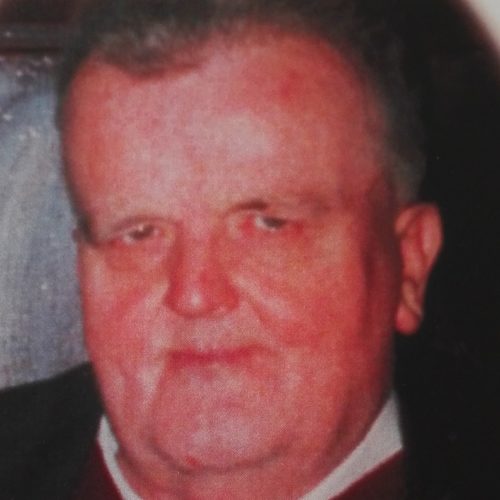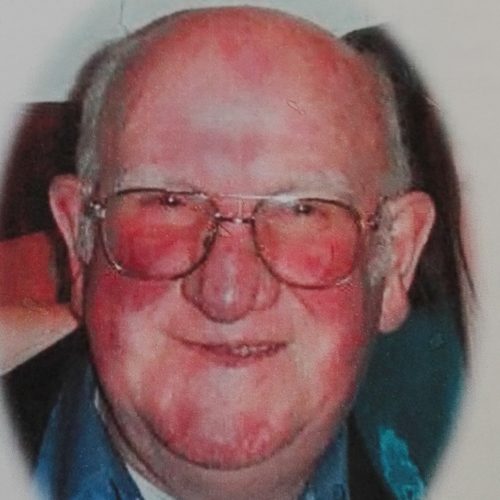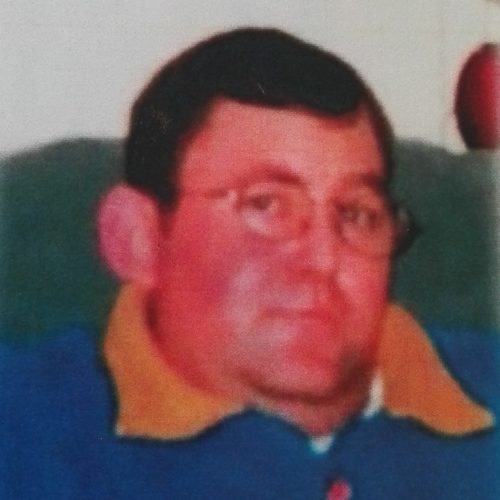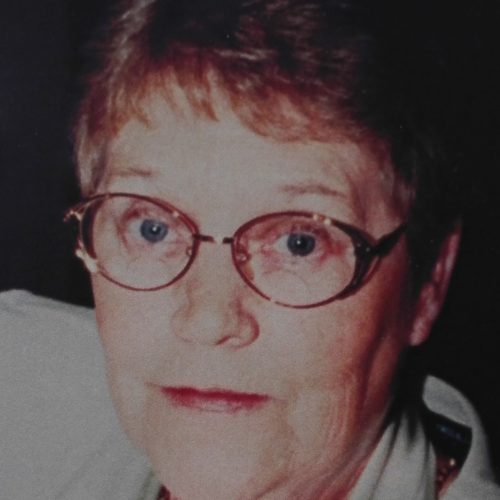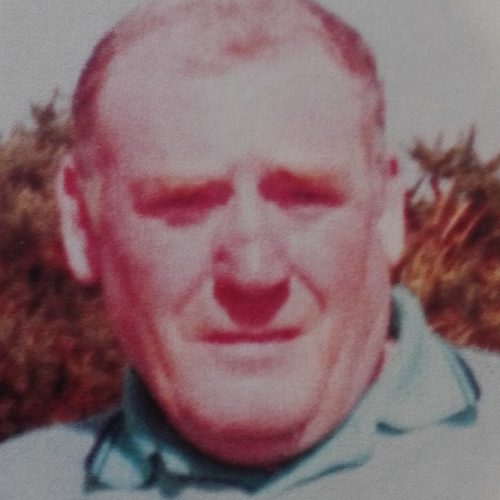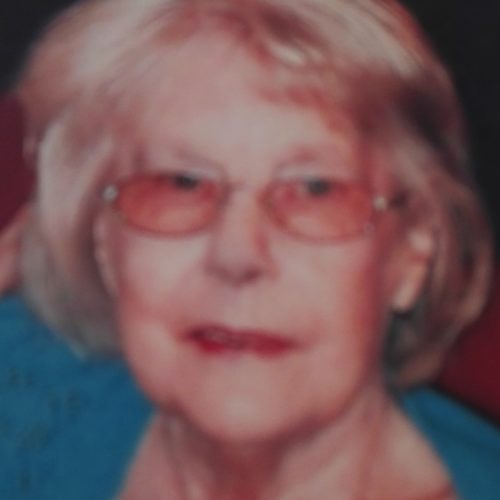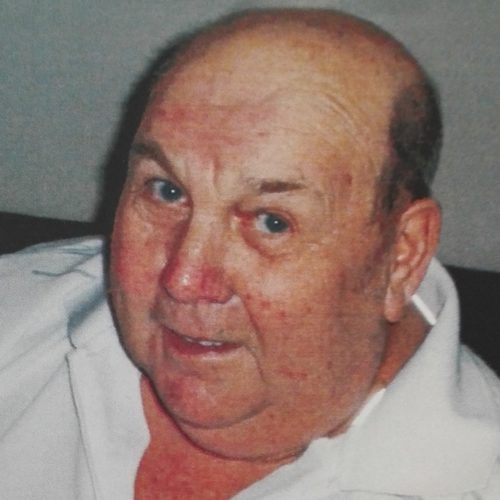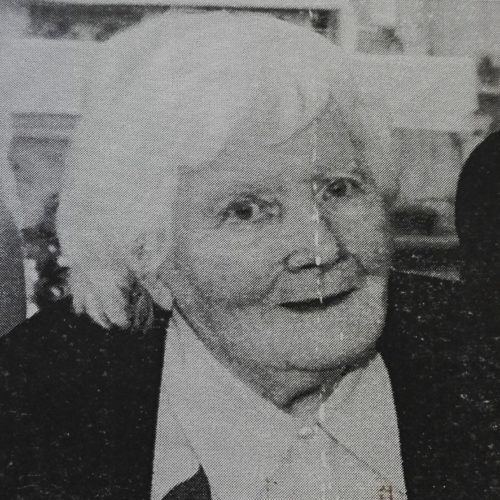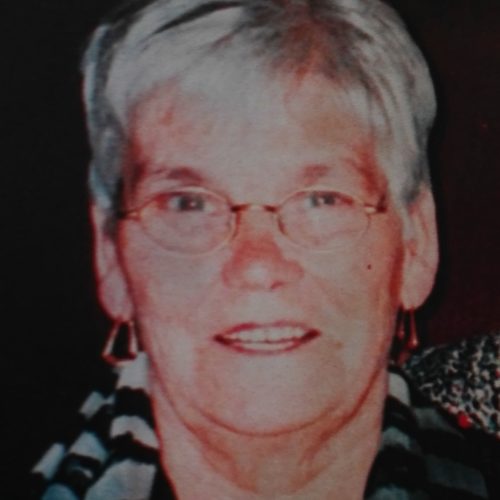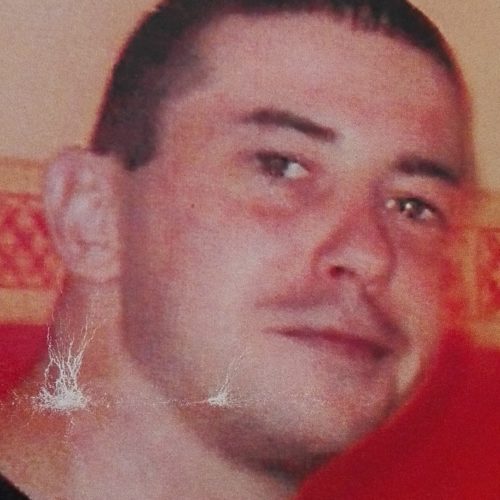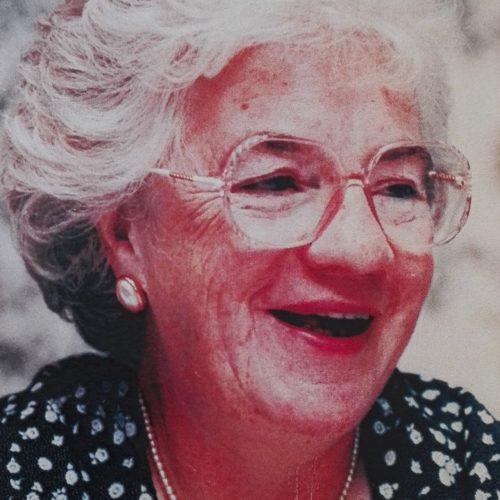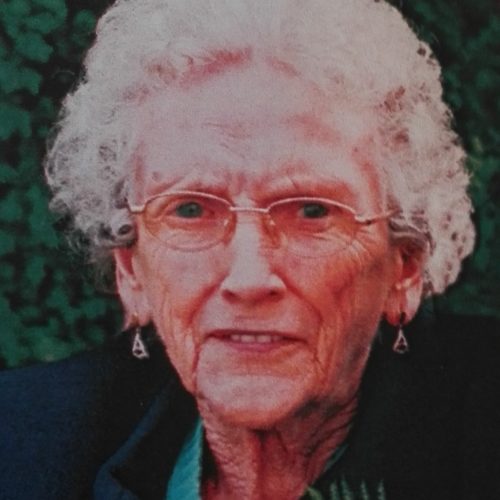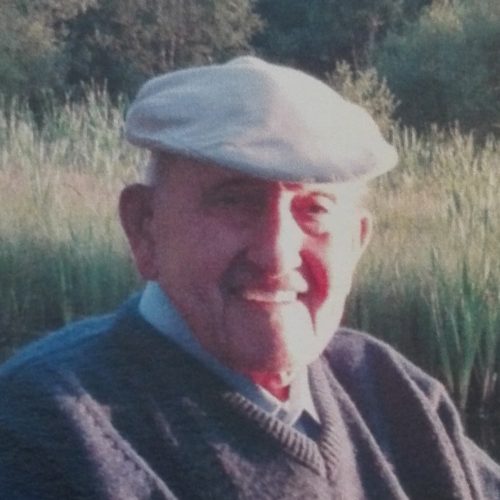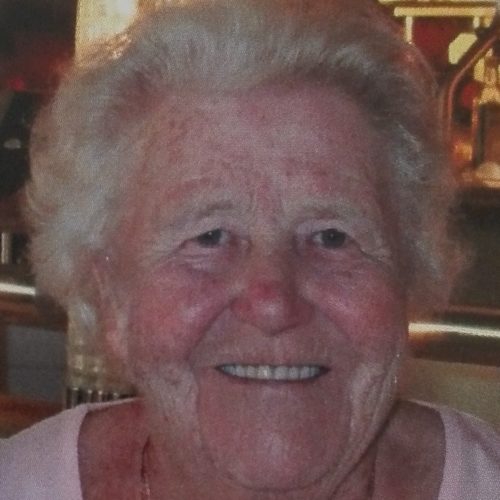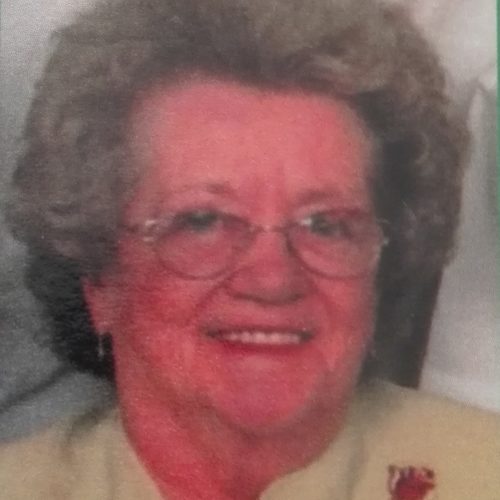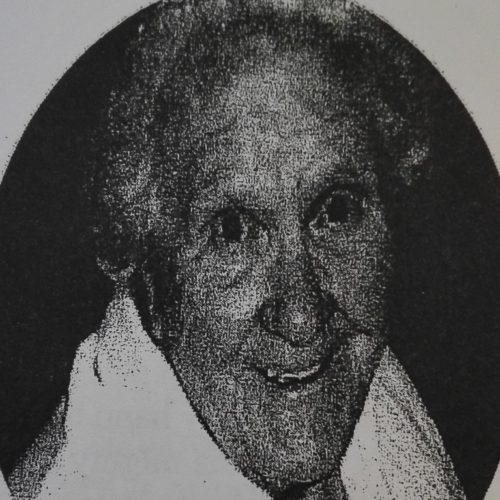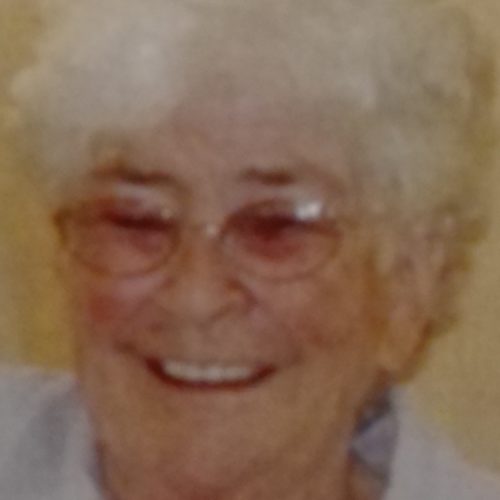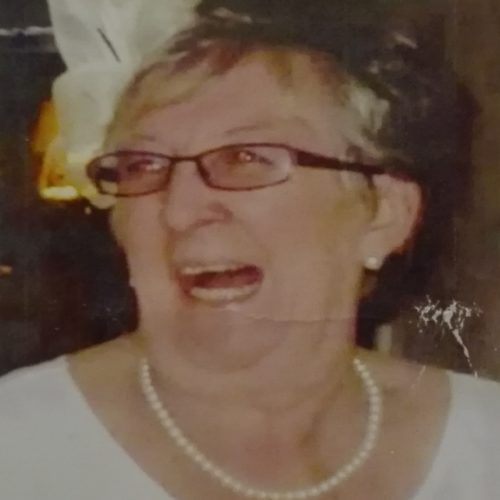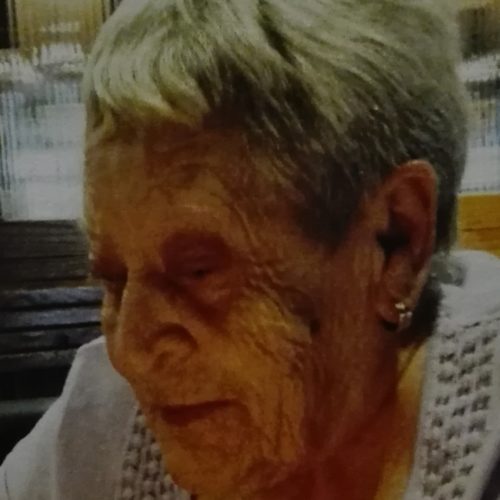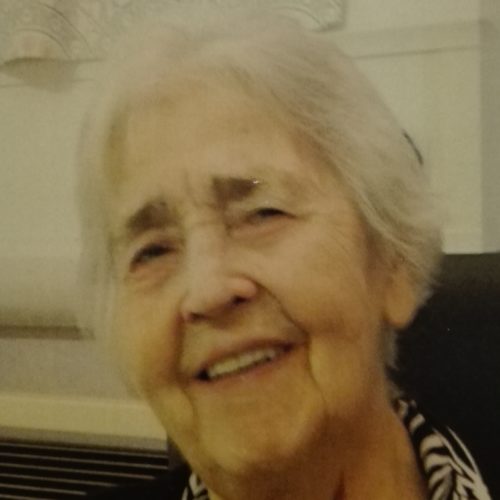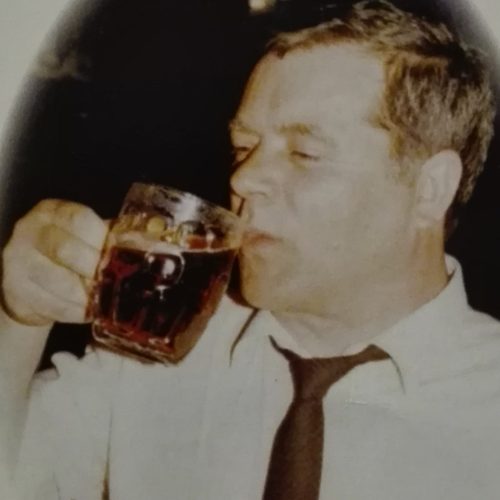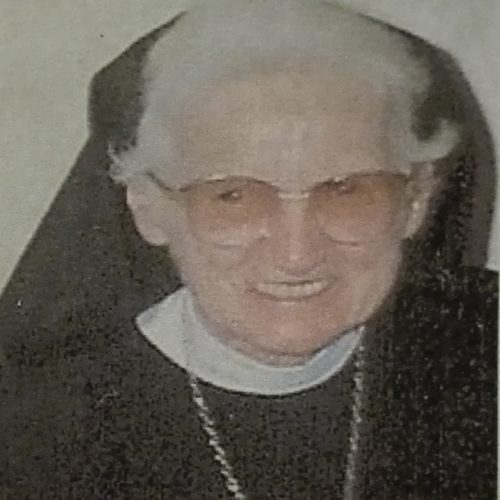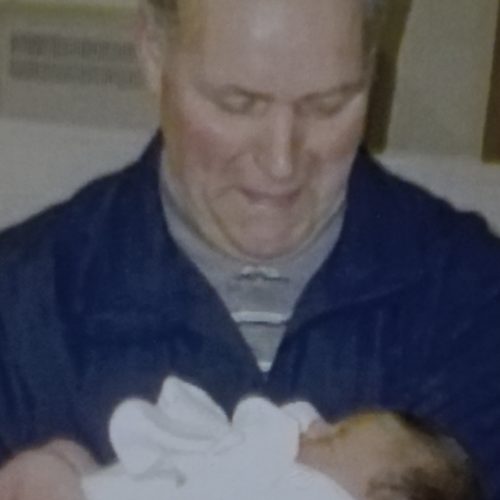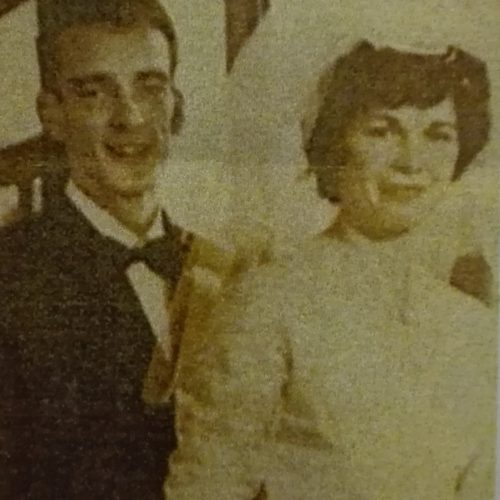-

Blessed are those who have died in the Lord; let them rest from their labours for their good deeds go with them.
V/. Eternal rest grant unto him/her, O Lord.
R/. And let perpetual light shine upon him/her.
V/. May he/she rest in peace.
R/. Amen.V/. May his/her soul and the souls of all the faithful departed,
through the mercy of God, rest in peace.
R/. Amen.St Kevin, Pray for them.
“We believe that Jesus died and rose again; so we believe that God will bring with Jesus those who have died believing in him”
1 Thessalonians 4:14
The Order Of Christian Funerals
The Liturgy
In the face of death, the Church confidently proclaims that God has created each person for eternal life and that Jesus, the Son of God, by his death and resurrection, has broken the chains of sin and death that bound humanity.
At the death of a Christian, whose life of faith was begun in the waters of baptism and strengthened at the Eucharistic table, the Church intercedes on behalf of the deceased because of its confident belief that death is not the end nor does it break the bonds forged in life. The Church also ministers to the sorrowing and consoles them in the funeral rites with the comforting word of God and the sacrament of the Eucharist.
The celebration of the Christian funeral brings hope and consolation to the living. While proclaiming the Gospel of Jesus Christ and witnessing to Christian hope in the resurrection, the funeral rites also recall to all who take part in them God's mercy and judgement and meet the human need to turn always to God in times of crisis.
Resources
To learn more about Christian Funerals, these resources may help:
• Catechism of the Catholic Church: 1684-1690.
• Compendium of the Catechism of the Catholic Church:354-356.
• The Code of Canon Law: 1176-1185.
The Order of Christian Funerals
The Order of Christian Funerals guides the Catholic community with specific rites and prayers to express consolation to those who grieve, to give thanks to God for the blessings received by and through the deceased and to ask God for mercy on all sinners. It is designed to help confront death in light of the life, suffering, death and resurrection of Jesus.
Funerals for Catholics have three distinct parts:
1. The Vigil
The Vigil is the principal celebration of the Christian community during the time before the funeral liturgy.
The Vigil includes a solemn reading of the Word of God and prayers for the deceased and those who mourn. This is the suitable occasion for a eulogy and for sharing remembrances of the deceased. Members of the local parish community are also encouraged to participate as a sign of concern and support for the mourners. A priest, a deacon or, in their absence, a lay person leads the community in prayer.
2. The Funeral Mass
Christians celebrate the funeral rites to offer worship, praise, and thanksgiving to God for the gift of life which has now been returned to God, the author of life and the hope of the just. The Mass, the memorial of Christ's death and resurrection, is the principal celebration of the Christian funeral.
There is an emphasis on the baptism of the deceased since it is through baptism in Jesus that each person receives the promise of eternal life. The white pall draped over the casket, the holy water and the Easter candle are symbols of Christ's life which is bestowed through the waters of baptism.
3. The Rite of Committal
Prayers are offered to commit the body of the deceased to its final resting place. When the body has been or will be cremated, appropriate adaptions are made to the prayers of committal and signs of farewell.
Frequently Asked Questions
May a funeral mass be celebrated with the cremated remains of the deceased person?
Yes. The funeral liturgy, including the Funeral Mass, may be celebrated with the cremated remains of the deceased person present. The Church encourages the family to have the body present in the Church followed by cremation, however either way is acceptable.
At the funeral Mass, the cremated remains, in a dignified container, are placed on a small table provided for this purpose. The liturgy concludes with the final commendation and the subsequent interment of the remains. The Church asks that in keeping with a spirit of reverence, the cremated remains be buried in a grave or entombed in a mausoleum or niche provided for this purpose.
Does the Catholic Church permit cremation?
Yes. Cremation has been an acceptable option for Catholics since 1963. The cremated remains must be treated with respect. They should be either interred or entombed. Scattering of cremated ashes is not permitted.
Do Catholic Cemeteries exist? Who can be buried at a Catholic Cemetery?
Catholic cemeteries do exist and are reserved for the burial of Catholics. Special permission is required for the burial of non-Catholic immediate family members (e.g., grandparents, parents, children ...). In Scotland most cemeteries are regulated by the local council. The local authority has a custom of reserving an area allocated as a cemetery for the burial of Catholics. These cemeteries are blessed by the Bishop. In the case of cemeteries under the ownership and complete protection of the Catholic Church, permission is to be sought for the burial of a non-catholic.
May Catholics who have been divorced and remarried outside the Church or who have committed suicide be buried with a Catholic ceremony?
Yes. Such circumstances of themselves do not exclude the possibility of a Catholic funeral (Canon 1184). If any doubt occurs, consult your parish priest.
What is the difference between a Funeral Service and a Funeral Mass?
The Holy Eucharist is celebrated in a Funeral Mass, but not in a Funeral Service. A Funeral Mass is appropriate in many circumstances for a deceased baptized Catholic, except if the deceased rarely attended Mass or practised the faith or publicly repudiated Catholicism.
May a baptized non-Catholic deceased receive a Catholic funeral?
Yes, in the judgement of the bishop, Catholic funerals can be granted to a non-Catholic baptized person "unless their intention is evidently to the contrary and provided that their own minister is unavailable" (Canon 1183 §3).


